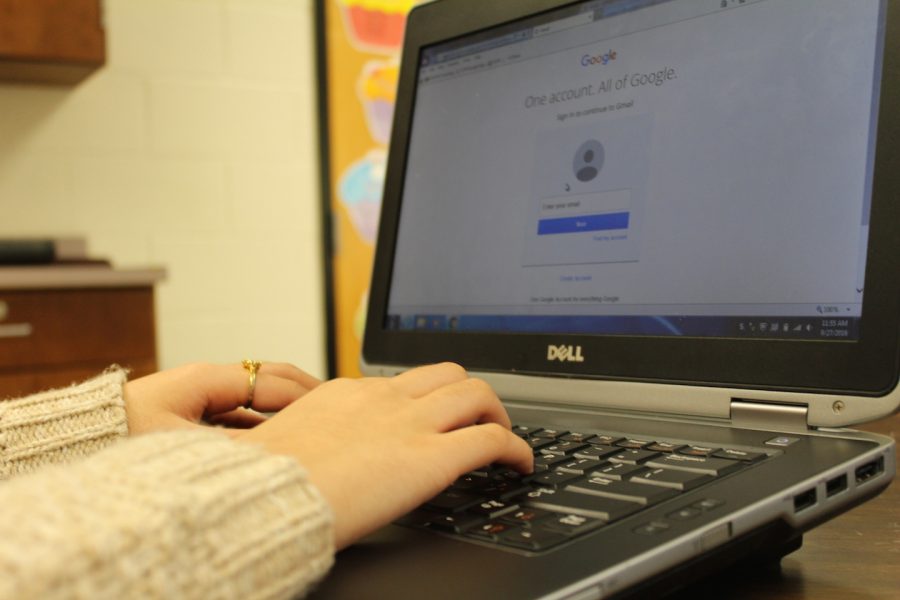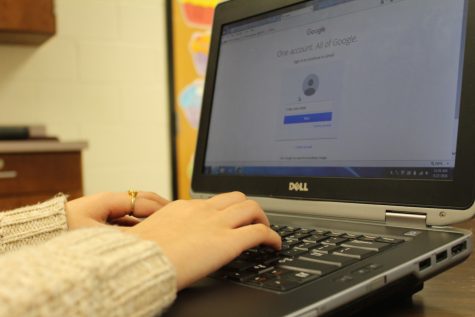The Enemy Behind the Computer
How national committees and individuals protect themselves from hackers
Throughout the last couple of months, Russian hackers have been suspected of creating chaos all over the world. Since the mid-2000s, there have been politically motivated attacks against the United States. Russia’s first target this year was the American government. Back in June, the Russian government was able to break into the computer network of the Democratic National Committee (DNC). According to DNC officials, they were able to read all the emails in the database. The two presidential candidates, Donald Trump and Hillary Clinton, were also targeted on separate occasions.
On Sept. 13, a group of Russian cyber security specialists, who go by the name Fancy Bear, hacked into the World Anti-Doping Agency’s database and revealed several American athletes’ private medical records. The athletes, Simone Biles, Serena Williams, Venus Williams, and Elena Delle Donne, all notable Olympians, had applied for and granted permission to take the substances. The International Olympic Committee said that none of these athletes had violated any rules. Two days later, 25 British athletes’ medical records were also released by Fancy Bear. The World Anti-Doping Agency believes that this attack of their database was in response to their state-sponsored doping.
Although these Russian hackers have been more prominent in the news recently, they are not a new issue. There have been hackers working on new ways to break into private information for a decent amount of time. Most people keep their important, personal information online, and hope to keep it private. However, it is becoming increasingly difficult to do so. There are simple things everyone can do to reduce their risks or becoming a target.
A common issue at Oakton is that students infect computers with viruses. The computers are usually fixable, but the virus can easily spread into shared drives and attack the whole network. Typically, the virus is caused by the students trying to download files, such as music, from a third party website. “There is no other word for it, but they are at shady websites,” said Ms. Liz Smith, the Oakton school-based technology specialist. These websites are usually hosted in countries overseas. The most common type of virus seen at Oakton is ransomware. The malicious software is created to make victims pay a ransom in a certain amount of time, or else everything on the computer will be erased. The amount they demand can be anywhere from $20 to $600. Fairfax County has cut back on the amount of software students can install from third party websites to try and reduce the amount of viruses on school computers.
Not only can the hackers reach personal information, but so can your peers. At school, logging off of the computer that you were using and all of the accounts that you signed into before putting the computer away is a great way to limit this. “I walk through the library and I’ll see computers still logged in, and even worse, you can go right into their google, like their gmail they logged into,” Ms. Smith said. Also, never sharing your password with anyone, including your friends, is essential. “The biggest problem we will have here is students, in a place they shouldn’t, be deleting folders,” said Ms. Smith. You should be the only person logging in and out of your accounts. “Log off, sign out, do not share your passwords,” said Ms. Smith.
Whether it is a well-known national committee’s email database, or your own personal email account, it could be seen by unwelcome users. Internet safety and privacy is not only a concern for high rank organizations and companies. It is a concern for all individuals who have put themselves online.








